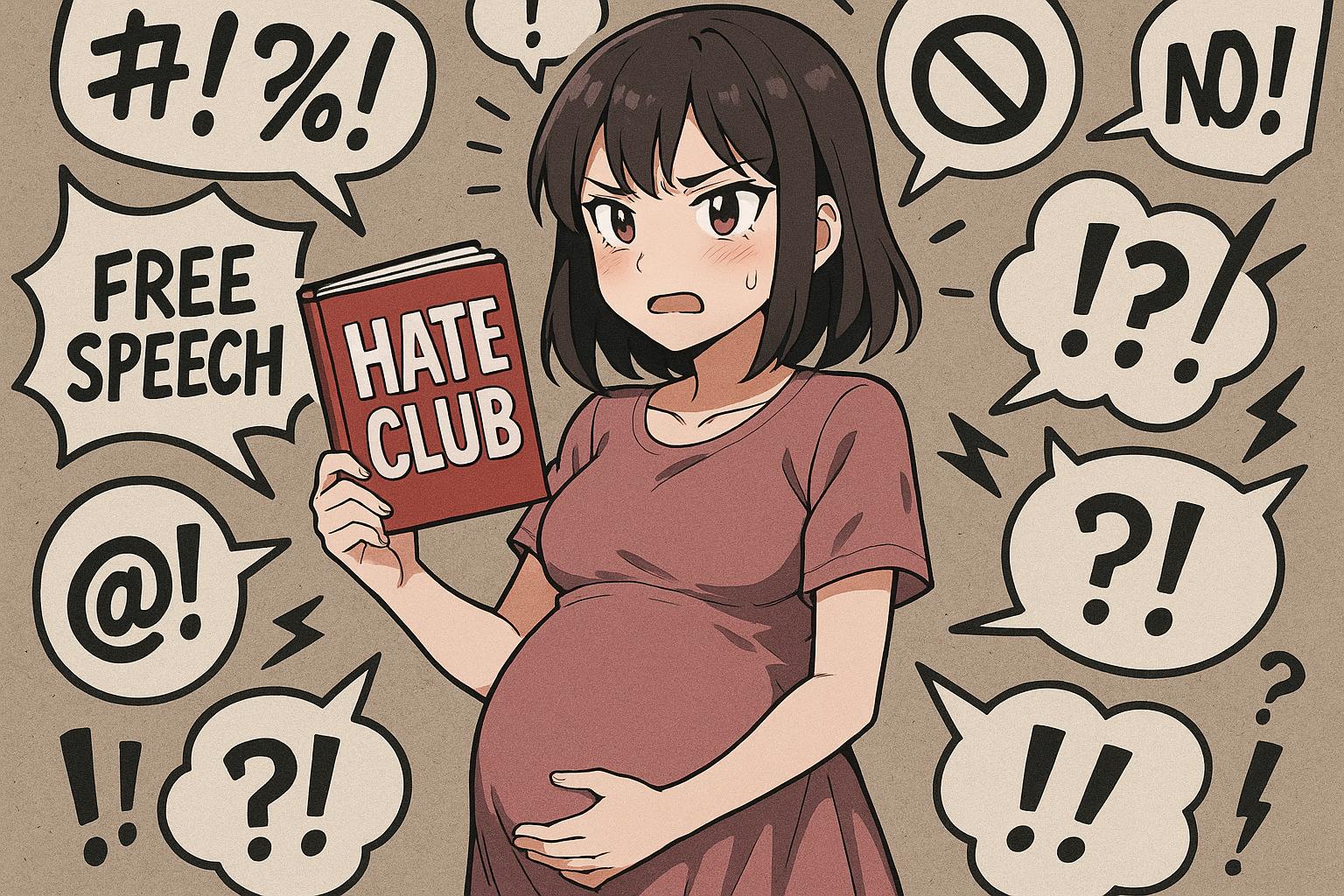Lucy Brown, the girlfriend of art dealer Sascha Bailey, son of the iconic photographer David Bailey, is poised to release a memoir that promises to rattle cages within the realm of free speech activism. Titled Hate Club, the book aims to provide readers with a raw and unfiltered account of her experiences alongside some of the most controversial figures in the movement, such as Tommy Robinson, Milo Yiannopoulos, and Lauren Southern. Brown's forthcoming memoir seeks to detail the chaos and internal conflicts she witnessed while involved in this controversial sphere.
In an interview, Brown made it clear that she anticipates her tale will ignite strong reactions, stating, “I’m writing a book... that will probably p*** everyone off – which is what I’m hoping it will do.” This sentiment reflects her complex relationship with the free speech movement, which she claims has been mired in narcissism and dysfunction. Reflecting on her time organising the 2018 Day for Freedom event in London—a notable moment intended to celebrate free speech and punk culture—she acknowledges its disarray, asserting that the attempt “blew up” in their faces. Brown plans to enrich her narrative with never-before-seen footage from that day, pulling back the curtain on a significant—and controversial—moment in her life.
Now pregnant with her first child, Brown’s perspective on the ideals she once championed has notably shifted. She expressed her disillusionment with the idea of free speech absolutism, declaring it “a stupid concept that flits and changes depending on whether you like the person.” This evolution of thought may stem from reflecting on tragic events, including the murder of MP David Amess, and raises questions about the social responsibilities tied to freedom of expression.
The individuals with whom she once aligned are not without their own controversies. Robinson, a figure who has polarised public opinion, was sentenced to 18 months in jail for contempt of court last year. Similarly, Yiannopoulos, a self-proclaimed provocateur and former editor of Breitbart, has had a turbulent history with alt-right politics, marked by scandals and abrupt exits from various platforms. Both figures offer a glimpse into the chaotic world that Brown critiques.
The memoir’s working title itself, Hate Club, embodies a provocative flair that seems intentional. In light of Brown’s comments regarding her former associates, the memoir may explore deeper themes of conflict, identity, and the often-volatile nature of public discourse surrounding free speech in contemporary society. This has particular resonance in a world increasingly focused on the consequences of unchecked rhetoric.
Brown's choice to self-publish is a strategic move, indicating a desire to maintain autonomy over her narrative and to share her experiences unfettered by the constraints often encountered with traditional publishing. As she prepares to unveil her story, the cultural zeitgeist may watch closely, given the current climate of free speech debates and rising concerns over hate speech and personal accountability.
As one of the many figures navigating the tumultuous landscape of activism, Lucy Brown's memoir could reflect not just her personal grievances but also the larger struggles of a movement grappling with its identity in a divided society. As she gears up to share her story, it's clear that Hate Club may become a critical lens through which to examine the complexities and contradictions in the quest for free expression.
Reference Map
1: Paragraph 1
2: Paragraph 2
2: Paragraph 3
3/5/6: Paragraph 4
4/7: Paragraph 5
2: Paragraph 6
Source: Noah Wire Services
